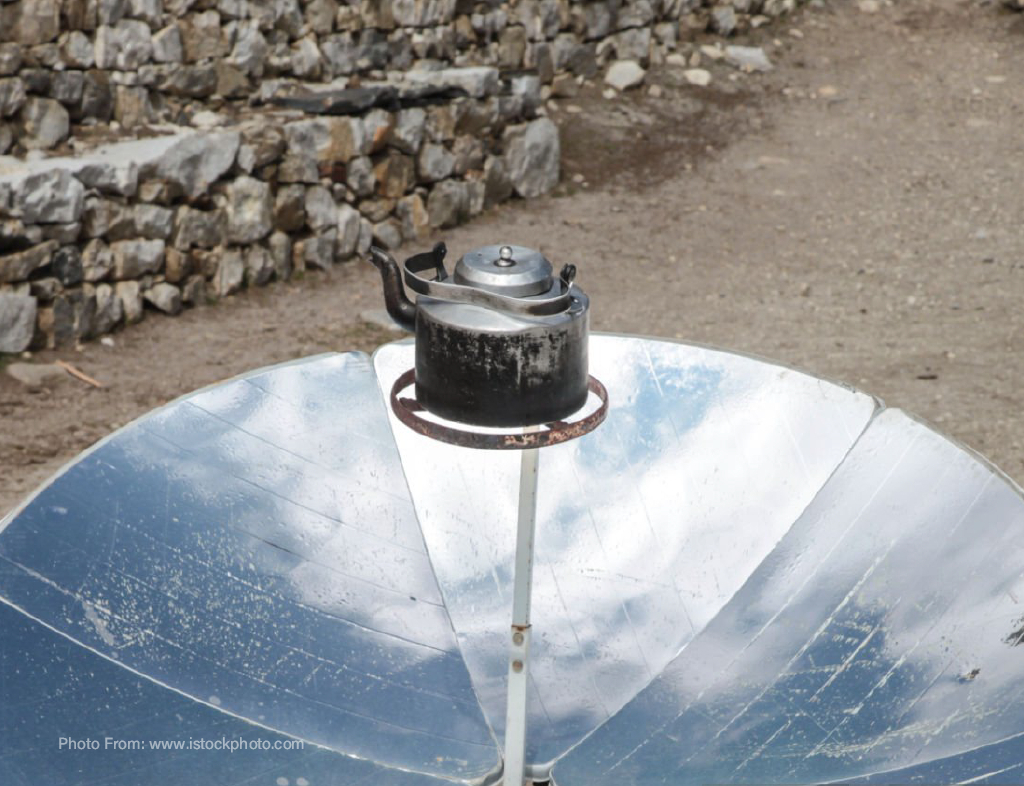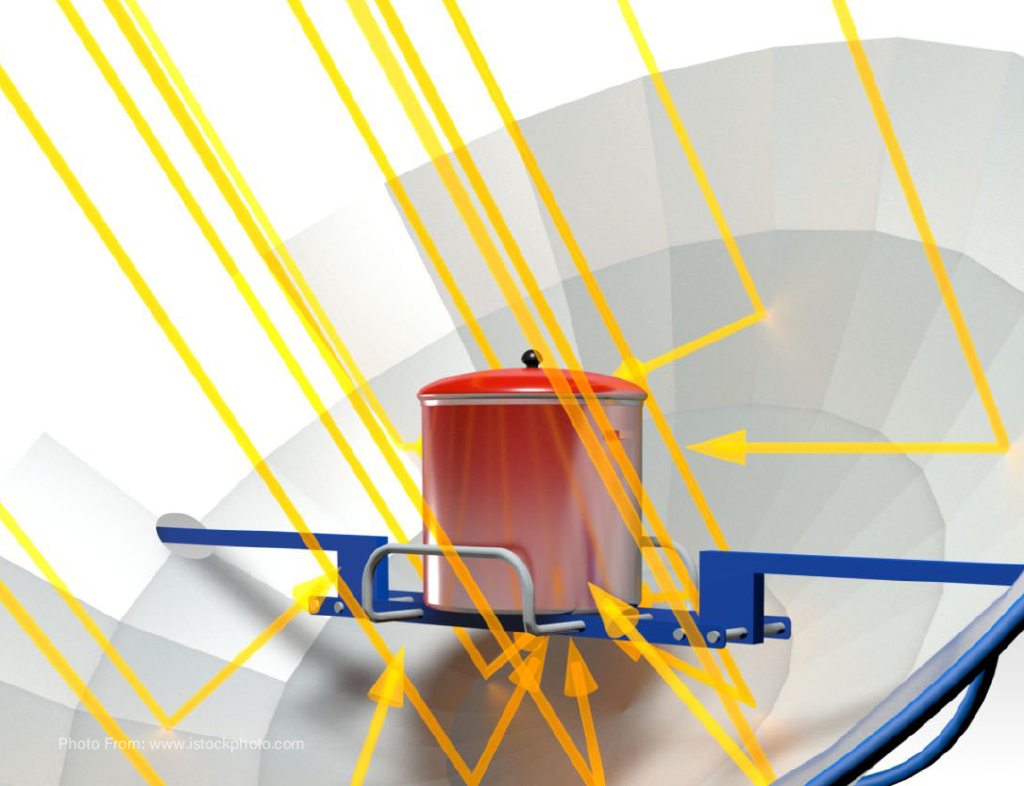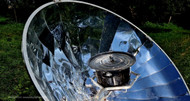SOLAR COOKING 101: PREPARE DELICIOUS MEALS WITH AN OFF-GRID SETUP
26th Mar 2025
Cooking without gas, wood, or electricity might seem challenging, but solar cooking makes it entirely possible. For those living off-grid, traveling in an RV, or simply looking for a sustainable way to prepare meals, harnessing the sun’s power offers a reliable and eco-friendly solution. With no fuel costs and minimal maintenance, solar cookers provide an efficient way to cook, making them an ideal choice for anyone seeking independence from conventional energy sources.

Solar cookers work by capturing and concentrating sunlight to generate heat, allowing food to cook slowly and evenly. The most common types include box cookers, which use insulation to trap heat for slow, steady cooking; parabolic cookers, which focus sunlight onto a single point for high temperatures, making them ideal for frying and boiling; and panel cookers, which combine reflective surfaces with a heat-trapping bag for a balance of affordability and efficiency. Each type has its advantages, but all rely on the same principle—turning sunlight into a powerful heat source.
Cooking with solar energy requires patience, but the results are worth it. Slow-cooked stews, where vegetables and beans simmer gently for hours, turn out rich in flavor. Grains like rice and quinoa benefit from soaking beforehand, making them cook faster under solar heat. Baking is another rewarding use of solar cookers, allowing you to make fresh bread, cookies, and even cakes without an oven. Sun tea and fruit-infused waters steep naturally, offering refreshing beverages with minimal effort. The key to successful solar cooking is preheating the cooker, using dark-colored cookware for better heat absorption, and positioning everything for maximum sun exposure throughout the day.
Like any off-grid system, solar cooking comes with a few challenges. If food isn't cooking fast enough, adjusting the angle of the cooker to better follow the sun can help. Slow cooking times might mean there's not enough insulation, so adding extra heat retention materials like towels or blankets around the pot can improve efficiency. On cloudy days, performance will naturally decrease, so it’s wise to have a backup plan or partially pre-cook ingredients in advance.

Embracing solar cooking isn’t just about surviving without traditional fuel sources—it’s a step toward a more sustainable lifestyle. Whether you're preparing meals at a remote campsite or just looking for a low-energy alternative at home, solar cookers offer a simple, cost-effective way to make delicious food while reducing your environmental footprint. With the right setup and a bit of practice, cooking with the sun can become second nature, proving that off-grid meal prep doesn’t have to be complicated—it just takes a little sunlight and creativity.
